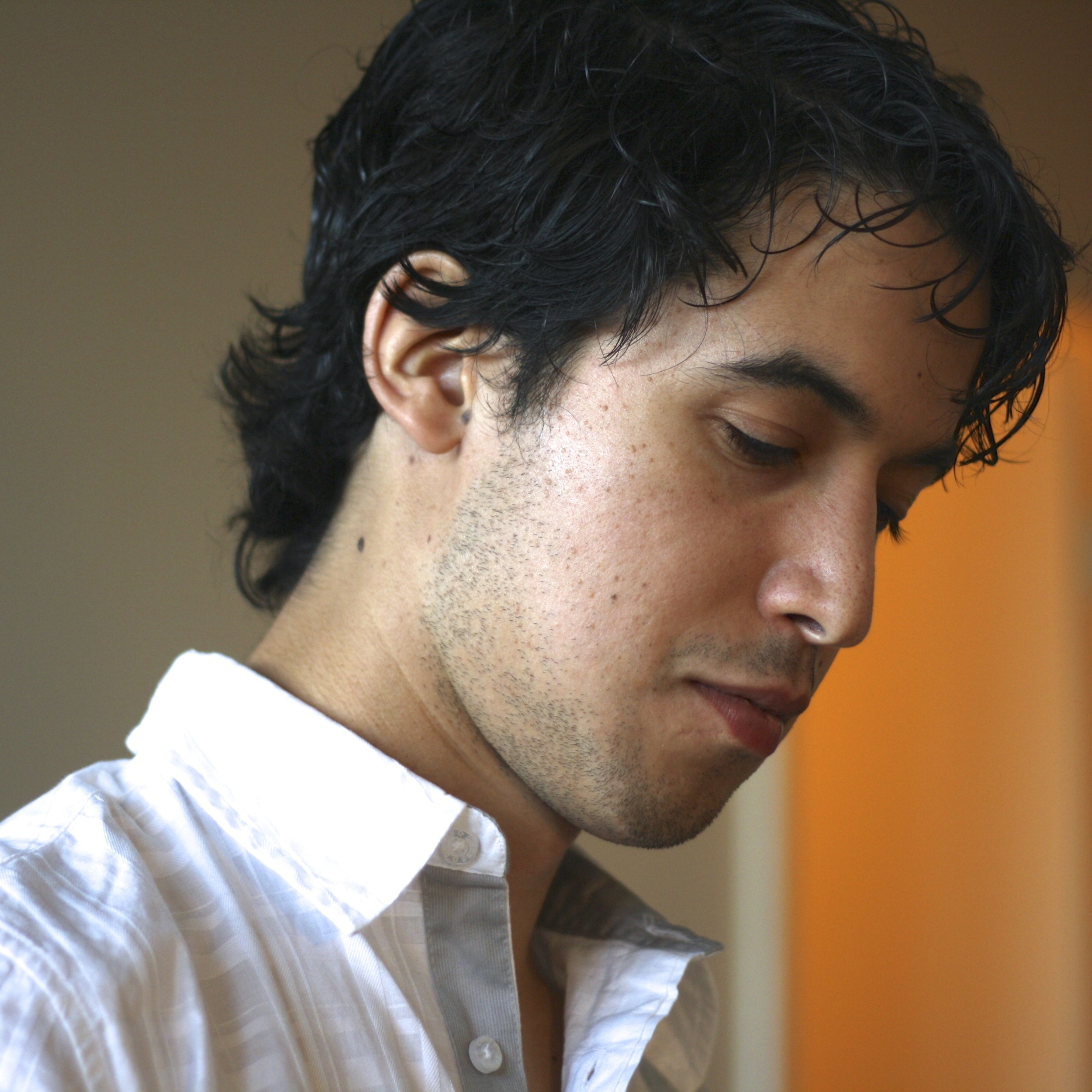Not Your Typical Therapy
/In movies, we have romance, action, horror, and comedy. Each genre has its own way of portraying sex. These scenes usually involve beautiful, able-bodied people and rarely alter the preconceived script. The Sessions (2012) shatters this stereotype.
This true story starts with Mark O`Brien — a paralysed poet and reporter that lives half his days in an iron lung. Mark (played by John Hawkes) falls in love with his aide and takes the sudden leap of asking her to marry him. The subsequent rejection leaves him heartbroken. Fortunately while recovering from that pitfall, he gets a call from his editor, asking him to do a story on the sexuality of the disabled.
Mark, a virgin, is incredibly uncomfortable with the idea of sex: it is a terrifying alien concept for him. Reluctantly, he takes the writing job after being harrassed by his friends. He interviews individuals with physical disabilities and finds that they are more than willing to give every explicit detail of their sex-lives, leaving Mark horrified and fascinated.
Through the encouragement of his friends, including a Catholic priest that says that God will give him a pass on the whole adultery thing, he hires a special type of sexual therapist: a sex surrogate. The sex surrogate, Cheryl, (played by Helen Hunt) helps individuals with disabilities to understand and enjoy their sexuality. She does this by having sex with her clients for a maximum of six sessions. Mark's experience with her is a heart-wrenching transition from shame, horror, and guilt to one of striking acceptance.
Helen Hunt is a goddess in this film. Not only does she brave the role with fully nude scenes, she carries an amazing sense of humour and charm throughout the film. Paired with O`Brien, the two brilliantly brilliantly simulate how beautiful, intimate contact can create something fantastic.
The film shows how compassion and sex can heal psychological guilt and fears. It also shows sex honestly and enjoys pulling us along to show just how hilarious, scary, beautiful, intimidating, healing, embarrassing it can be.
"The Sessions" - Official Trailer Based on the poignantly optimistic autobiographical writings of California-based journalist and poet Mark O'Brien.
Andrew Oliveira is a young writer who is currently strolling about Ottawa. He spends time between his writing, entertaining his cat Atticus, worshiping his muse and partner Barbara, saving virtual worlds from a plethora of crises with the power of his thumbs, and dusting his diploma from the University of Ottawa. His poetry has been published in Bywords and in Ottawater, and he has an enthusiasm for fiction, non-fiction, and scientific writing.
Find me on Twitter
Interesting links for more information











